
Torah
What do we mean by ‘Torah’?
Torah “is a Hebrew word that means teaching” or “instruction.” The Jewish world uses the term torah in reference to all rabbinic instruction. We will use the word “torah” in two ways:
- to refer to the first five books of the Bible — all of which, we assert, are from the mouth of God and written with perfect accuracy by the hand of Moshe and
- in reference to the specific teachings within the Five Books of Moshe.
Since the word “torah” means “teaching,” and “instruction,” all of the Scripture is Torah.
Torah – hitting the mark
The Hebrew word, torah (תורה), is derived from a three-letter combination that was often used in the realm of archery, yareh (ירה). Yareh means to shoot an arrow in order to hit a mark. The mark or target, of course, was the object at which the archer was aiming.
Consequently, torah, one of the nouns derived from this root, means to hit the target, or hit the mark. In time, the word torah evolved into referring to teaching or instruction, which hits the mark concerning truth. Biblically speaking, the truth is truth about God and how one relates to Him. The Torah is, therefore, in the strict sense, instruction designed to teach us The Truth about God.
Torah observant
If it is true that the entire Bible is God’s Torah (and it is) then it is also true to say that every believer in Yeshua is “torah observant.” Any believer who is living out any part of the Word of God is, therefore, also living out that portion of the Torah. For instance, the Book of Proverbs is Torah, the Psalms are Torah. Furthermore, by the same definition, the whole Newer Covenant Scriptures are also Torah.
The problem is that too many believers in Yeshua think that the teachings in the first five books of the Bible are not applicable to them. One of the hopes of TRI is that we can help all believers in Yeshua to let the entire Word of God be applied to their lives.
Let us state the issue differently, with more accurate terms: One of the goals of Torah Resources International is to help encourage every believer in Yeshua to yield his/her members to Yeshua who lives in them. When they do that, Yeshua, The Living Torah, will live His life in them and through them to others.
“The Word became flesh and dwelt among us.” John 1:1 and 14.
When we yield our members to The Living Torah in us, we are living that Torah. There is no greater wisdom, than to live The Word of God as it is written.
Click on this link for the weekly Torah prortion, haftara, and commentary.
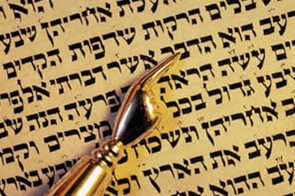
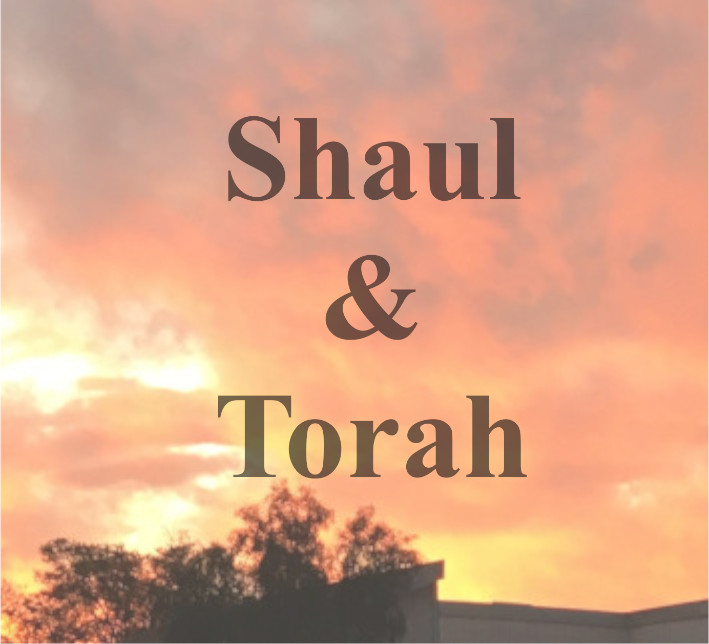
Is it true that Sha’ul’s Letter to the Galatians prohibits the practices of the first five books of the Bible by believers in Yeshua? Or …… is the Torah designed to have a meaningful place in the everyday life of the believer?
In a short study of 7 pages Ariel Berkowitz shows:
- Shaul’s (Paul’s) life with respect to the Torah
- Purpose and theme of the letter to the Galatians
- How Shaul compared the Abrahamic Covenant and the Mosaic Covenant.
- and more
For the full study in pdf format click this link.
Who recorded God’s Word into what is now the first five books of the Bible, the Torah?
This article, accessible via this link, shows the evidence that points to Moshe as the writer of the Torah. The picture is of William Henry Green see below. Mosaic authorship is:
- assumed by the text of the Torah itself,
- reiterated by the rest of the Tanakh,
- affirmed by Yeshua and His followers, and
- assumed by others in the Apostolic Scriptures,
- shown by the internal evidence of the pages of the Torah clearly point at least to someone who was reared in Egypt and familiar with its geography, its language, and its customs.
Indeed, there is nothing within the entire Torah—from Genesis to Deuteronomy—to detract against Mosaic authorship.
William Green wrote among others two books: Unity of the Book of Genesis (1895) and Higher Criticism of the Pentateuch (1896). In these books he showed the inadequacy of the JEDP Theory. Essentially, the JEDP theory asserts that the Torah (the first five books of the Bible) is an edition comprised of the careful and skillful
blending of at least four different kinds of documents.
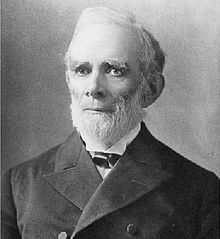
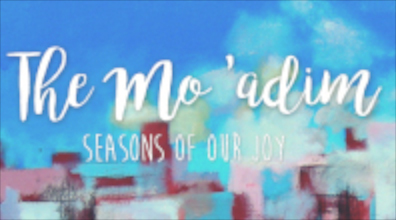
How are we supposed to remember?
In daily life we have calendars and so has God. In Leviticus 23 He gave a number of events spread out over the course of the year. These events, (in Hebrew, “Mo’adim”), were given to us to remember life with the Eternal One and to enjoy that life.
In a series of video teachings Ariel and D’vorah Berkowitz explain the Mo’adim. After selecting and ordering the video recordings can be downloaded. Be aware that they are large (0.5-1.5GB) and downloading can take some time. The video’s can be ordered via this link.
Oral Torah, Talmud – Mishnah – Gemara
According to the Jewish sages, a body of instruction called “the Oral Torah” was communicated to Moses on Mount Sinai along with the written Torah (the Scriptures). The tradition continues to assert that this oral communication was transmitted verbally through the generations.
Mishnah Rabbinic tradition also asserts that Rabbi Yehudah haNasi was granted authority to inscribe this oral communication and this written edition of the Oral Torah is called the Mishnah.
Gemara Moreover, the rabbis tell us that the Mishnah was completed roughly around 200 CE. In the following two to three hundred years, rabbinic sages in Israel and Babylonia wrote commentaries on the Mishnah. These commentaries are called the Gemara.
Talmud The Gemara was combined with the Mishnah into one work called the Talmud. The Gemara produced in Israel is different from that produced in Babylonia. Consequently, there are two talmuds:
- the Jerusalem Talmud, finished about the year 400 (not written in Jerusalem!) and
- the Babylonian Talmud, completed roughly around 500.
Today, most Orthodox Jewish people consider the Babylonian Talmud to be the more authoritative of the two talmuds. Whatever the case, the Talmud is considered to be the Oral Torah, the same Oral Torah that was revealed to Moses on Mount Sinai and, therefore, carries great authority. All of this is a reflection of Orthodox rabbinic tradition.
Value of studying the Mishnah/Talmud
Studying the Mishnah/Talmud has great educational value. Moreover, learning it might help to interpret some passages in the Scriptures, as well as to enlighten the Bible student concerning the life and times of the people of the Newer Covenant Scriptures. However, even those assertions are up for debate! Our main point here is that, unlike Orthodox Jews, we attach no special spiritual authority to the Talmud. For us, the only spiritual authority is the written Word of God. We fervently adhere to what we think Paul means when he exhorts us to learn not to exceed what is written (1 Corinthians 4:6).
Torah – word usage by Jewish scholars?
Because Jewish scholars know that torah means instruction or teaching and not law, they use the term in a variety of ways to speak of educational material. In traditional Jewish thinking, the word “torah” refers in a rather broad sense to all the teachings of the rabbis, even including their students’ note-taking!. In addition, torah is used to refer to:
- The Talmud (the compendium of Jewish law and practical applications of the Scriptures — instructions about how to live
- The Tanakh (the complete Old Testament)
- The first five books of the Bible, Genesis through Deuteronomy (also called the Pentateuch)
- The Covenant God gave to Moshe (Moses) on Mount Sinai (because it contains individual teachings, or torahs)
- Any teaching of the first five books of the Bible
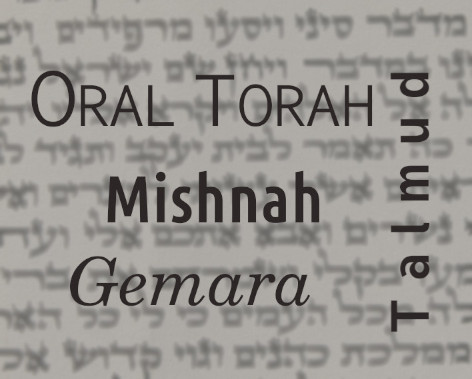
The Briteinu Commentary Series
How to understand the text of the Torah in its historical, geographical and cultural context? These 5 volumes comment on the weekly Torah portions. Each portion ends with a number of study questions. This series connects each of the five books of Torah by a common theme: Covenant. A valuable study tool. To order see Books.
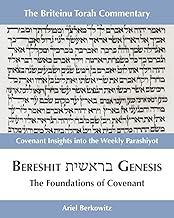
Bereshit: The Foundation of Covenant
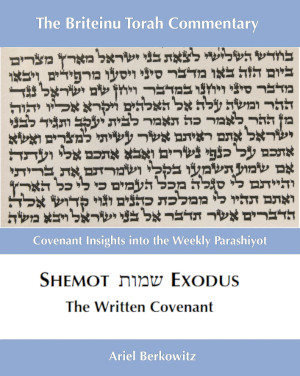
Shemot: The Written Covenant
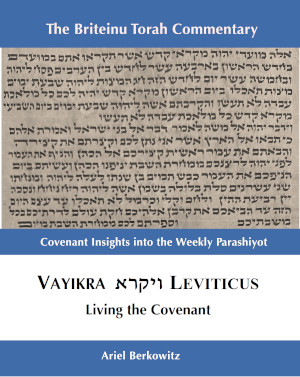
Leviticus – Living the Covenant
Numbers – available April 2025
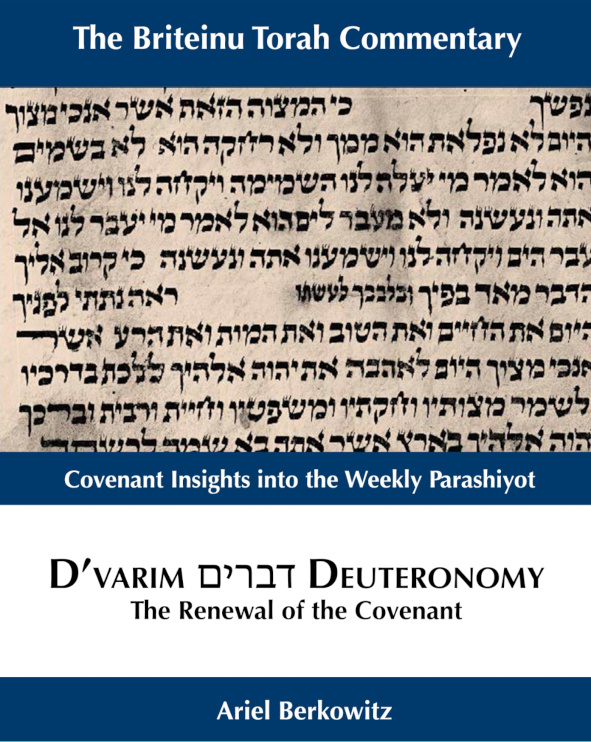
D’varim: The Renewal of the Covenant
Torah – instruction/teaching or law?
Around 250 BCE Jewish scholars translated the Hebrew Scriptures into Greek. They mostly used the Greek Greek word nomos, νομος, to render the Hebrew word torah.
Nomos, however, can mean “principle,” “standard,” “legalism,” or “Jewish Religious Law,” as well as the basic definition “teaching and instruction”. Which meaning has to be used depends on the context.
Examples of incorrect rendering “nomos” as “law”
John 10:34: “Yeshua answered them, ‘Has it not been written in your Law, ‘I said, you are gods’?” Yeshua was quoting from Psalm 82:6. Yet, who would say that the Psalms was/is The Law?
1 Corinthians 14:21 Paul writes, “In the Law it is written, ‘by men of strange tongues and by the lips of strangers I will speak to this people, and even so they will not listen to Me,” says the Lord’.” Paul quotes here from the Prophets, from Isaiah 28:11. We ask the same question again: how many believers consider the Prophets to be “The Law?”
In both of the examples now cited, the translation should be:
- John 10:34, “Yeshua answered them, ‘Has it not been written in your Torah, ‘I said, you are gods’?”
- 1 Corinthians 14:21 Paul writes, “In the Torah it is written, ‘by men of strange tongues and by the lips of strangers I will speak to this people, and even so they will not listen to Me,” says the Lord’.”
It seems clear that in the Apostolic Scriptures, when nomos is used in reference to the Bible, it should be translated Torah or Scripture, perhaps even “God’s Book of Instruction.”
Of course, nomos should always be translated according to the context. When nomos is used in reference to Scripture, rarely would the context require that it be translated as “law.” Most often the context would demand the translation “Torah” or “Scripture.”
Torah – the linguists
What do the linguists say about the matter? Louw and Nida in their lexicon (1) write, “the first five books of the Old Testament called the Torah [is] often better rendered as ‘instruction’.” Moreover, The Dictionary of New Testament Theology (2) indicates it is important to note that torah frequently does not mean law in the modern sense of the term…the predominant use of the latter word [nomos in the LXX] must have produced a striking translation [i.e. to the Jews]… Originally torah meant an instruction from God.
(1). νομος – Johannes P. Louw and Eugene A. Nida, Editors, A Greek-English Lexicon of the New Testament Based on Semantic Domains
(2). “Law” – Brown, Colin, ed., The Dictionary of New Testament Theology, vol. 2.
(3). A commonly accepted resource for the information concerning the meaning of torah is Brown, Driver, and Briggs English-Hebrew Lexicon. Pages 434 – 436 will help.
